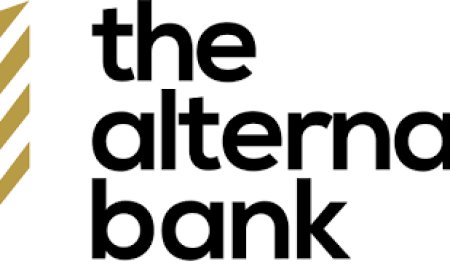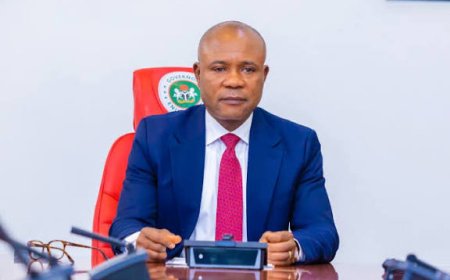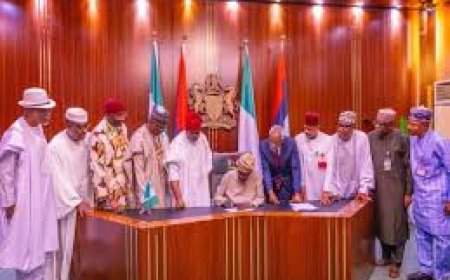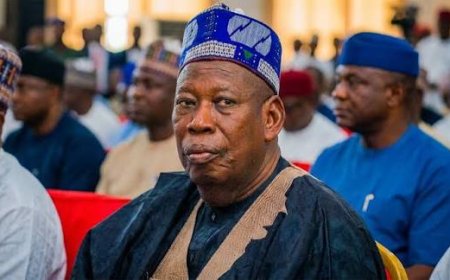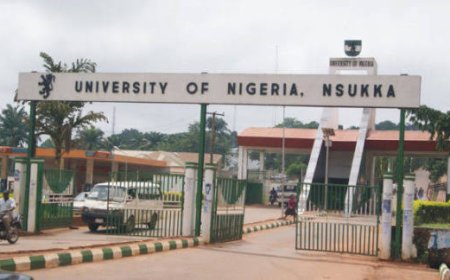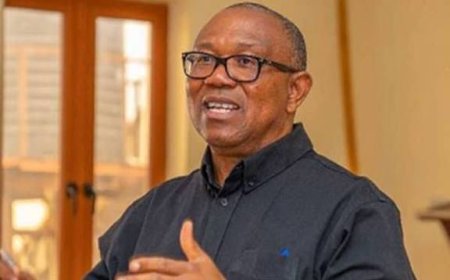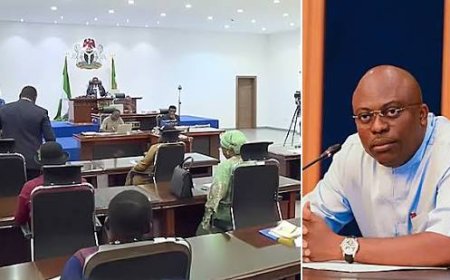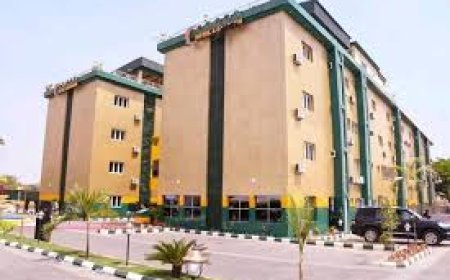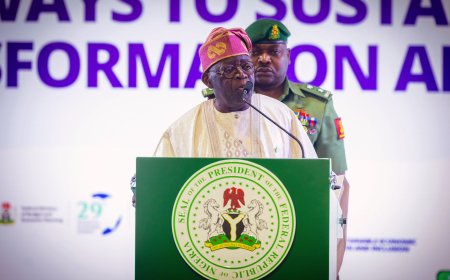Jonathan urges African leaders to prioritise policies that promote lending to farmers
Former Nigerian President Goodluck Jonathan has called on African governments to implement policies that ensure farmers' access to affordable credit, aiming to enhance food production and security across the continent.

Former Nigerian President Goodluck Jonathan has called on African governments to implement policies that ensure farmers' access to affordable credit, aiming to enhance food production and security across the continent.
The former President emphasised the imperative of derisking lending in agriculture, noting that the challenge of providing the collateral often demanded of farmers by lending institutions is negatively impacting the growth of the sector.
The former President who stated this at the opening plenary of the second edition of the African Conference on Agricultural Technologies (ACAT), on Tuesday in Kigali, Rwanda, also charged ministers of agriculture to be focused and purpose driven in the bid to improve food systems on the continent.
He said:” African governments must be deliberate with their policies towards promoting agriculture and incentivising farmers. If the government does not support farmers it will be difficult in this part of the world to produce enough food for our population.”
He also urged African Central Banks to take the lead in the bid to promote lending to farmers, stressing that the issue of derisking lending to farmers is critical. “That is why I believe that the central banks of African countries must come up with models that would encourage commercial banks to lend to farmers.”
Jonathan who is AATF goodwill ambassador recalled that when he was President, his administration, through the Central Bank of Nigeria, introduced the Nigeria Incentive-Based Risk Sharing Systems for Agricultural Lending (NIRSAL). “It was a $350 million initiative designed to de-risk lending to the agricultural sector. It became a successful programme that ensured that farmers had easy access to loans”, he stated.
Continuing, he said: “The share of the total lending by banks allocated to the agricultural sector increased from 0.5% when we started to 5% by 2015.”
He also stressed that agriculture ministers must have the motivation, competence and focus to run the ministry to ensure that relevant technology and techniques are applied to produce enough food for the population. In this regard, he praised the competence of his agriculture minister, Dr. Akin Adesina, the current President of African Development bank (AfDB), adding that his ingenuity ensured that citizens did not go hungry during Nigeria’s 2014 devastating floods.
Dr. Jonathan further delivered a passionate call for sustained investment and unity in building Africa’s agricultural future. He said: “Africa stands at a historic crossroads. On one road lies the continued struggle with food insecurity; on the other lies a bold vision—Africa as a global powerhouse in food and nutritional security, powered by innovation and transformative investment.”
Jonathan highlighted that Africa holds 60% of the world’s uncultivated arable land and has a rapidly growing young population—key assets that could fuel a global agricultural revolution if harnessed effectively.
He emphasized the game-changing potential of technologies like precision farming, satellite imaging, drones, and AI tools in reshaping food systems across the continent. However, he warned that technology alone will not suffice without strong policies, infrastructure, and collaboration.
“No single country, institution, or actor can transform African agriculture alone,” he stressed. “This can only happen if we collaborate across borders and across sectors.”
Jonathan urged African governments to meet and exceed commitments under the Maputo and Malabo Declarations, which propose allocating at least 10% of national budgets to agriculture. He called on the private sector, development partners, and financial institutions to invest not as charity, but as a strategic imperative.
“For far too long, agricultural investment in Africa has been sporadic, short-term, and donor-dependent. This must change,” he said. “We must invest in our farmers, especially women and youth. They are the backbone of our food systems.”
He also called for deeper regional cooperation through platforms like the African Union and the African Continental Free Trade Area (AfCFTA) to enhance intra-African trade and harmonize agricultural standards.
Rwanda’s Prime Minister, Dr. Edouard Ngirente, officially opened the Conference on Tuesday, calling for urgent, solution-driven action to transform African agriculture through technology and innovation.
Like Jonathan, the Prime Minister also acknowledged the escalating impact of climate change on agriculture with both underscoring the urgency of scaling climate-smart practices that restore ecosystems, improve soil health, and safeguard long-term food production.
The four-day event is co-hosted by the Government of Rwanda through the Ministry of Agriculture and Livestock Resources (MINAGRI), and the African Agricultural Technology Foundation (AATF). Over 900 participants from around the world including scientists, innovators, farmers, and policymakers are attending.
Ikechukwu Eze
S.A. to H.E. Dr. Goodluck Ebele Jonathan
What's Your Reaction?







